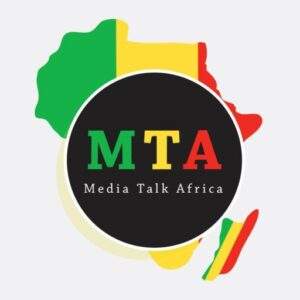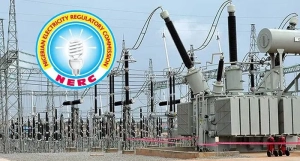Factional Fights Erupt in Zimbabwe’s Ruling Party
Zimbabwe’s ruling party, Zanu PF, is embroiled in a deepening crisis as factional fights within the party reach a boiling point. The power struggle has been fueled by endemic corruption and a tanking economy, which has seen the value of the new Zimbabwe Gold (ZiG) currency plummet against the US dollar. This has led to growing public anger and frustration.
At the center of the storm is Vice President Constantino Chiwenga’s camp, which is plotting to oust President Emmerson Mnangagwa and his acolytes from power. The factionalists are using various tactics to consolidate their power, including sidelining certain members and holding meetings at inconvenient times to prevent others from attending.
The national political commissar, Munyaradzi Machacha, has warned party members against fomenting divisions and has accused some DCCs of making executive decisions outside their mandate. Machacha has also taken aim at DCC members who are fixated on campaigning for parliamentary and other posts when it’s not election season.
The letter, dated October 2, 2024, addressed to all Zanu PF provincial chairpersons, has laid bare the modus operandi of factionalists angling to annihilate one another. Machacha has warned that the party will take stern measures against perpetrators through severe disciplinary measures.
The District Coordinating Committees (DCCs) are influential in voting for presidential nominees when the party goes to Congress. However, some DCCs have been fingered for sidelining certain members in their quest to consolidate power. The national commissar has charged that the tendency of DCCs to hold meetings and only invite the 22 elected members, leaving out the leadership in the district, is contrary to the party Constitution.
The factional fights within Zanu PF have a long history, dating back to the disbanding of the DCCs in 2012. The DCCs were resuscitated in 2020, eight years after their disbanding, under the watch of then-national commissariat secretary Victor Matemadanda. However, experts say that there was no real winner between Mujuru and Mnangagwa in the DCC saga, where centralisation of party power triumphed over decentralisation and modernisation.
As the power struggle within Zanu PF continues to unfold, it remains to be seen how the party will navigate this crisis and what the implications will be for the country’s political landscape.







